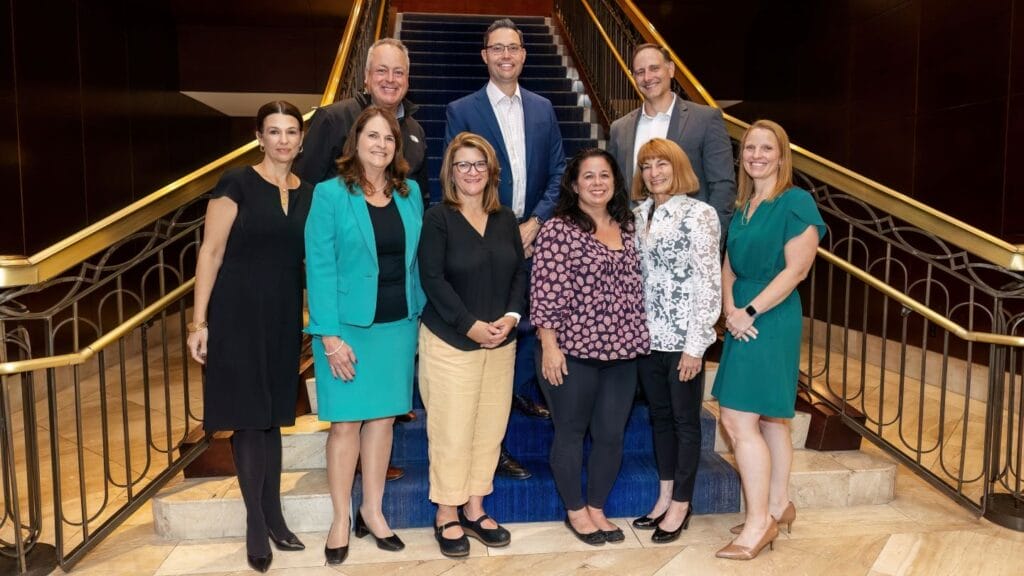
As we grow older, does our capacity to be hopeful diminish?
Turning 50 this year opened many doors for me. Turning 40 seemed confusing and somewhat depressing. Looking back, I wasn’t ready to accept growing older. Fifty, on the other hand? Bring it on.
Working in the field of aging services, I believe, adds another layer of responsibility in considering how we look at aging personally. This is much deeper than appearances. Aging is associated with so many beauty hacks, especially if you are a woman. I must have hit the “50-something” algorithm on my socials because I feel like I am constantly being sold something to make me look, or feel, younger.
I will admit, I’ve gotten sucked in a few times. I’m not proud. Vanity is sneaky. But the more I think about it, and I wonder if you do too, hopeful aging has little to do with how we look.
I, without a doubt, believe it is a mindset thing. Specifically, a hopeful mindset approach to aging is crucial. One reason I absolutely love working in our field is because we get to study and observe people who have been around a little longer than us. I am fascinated by people who, regardless of what they are living through, are happy and hopeful, and are genuinely optimistic. I keep trying to figure out how some are adding years to their life while others are adding life to their years.
More importantly, when does a hopeful mindset truly take hold?
The cool thing is a hopeful mindset can start at any age. There is no age requirement for being hopeful. I wish more people would be able to see, feel and believe hope can be learned and practiced. A great friend of mine bases her hopeful mindset on her faith. I see it in her actions, her words, and in her prayers.
Despite knock-down after knock-down, she remains hopeful because of her faith. I admire that about her. It prompted me to think deeper about how to inspire a hopeful mindset in others, especially as we grow older and when life’s setbacks happen.
I keep coming back to a hopeful mindset and how we train ourselves to think, act and behave. How to speak about ourselves. How we speak to one another. How often do we encourage rather than criticize? I most definitely do not have it figured out, nor do I practice as frequently as I should. My children have taught me to keep stacking one day on top of the next. Turn one day into two, three into four and so on.
People may start to wonder what is happening and why your spirit is so happy. A hopeful mindset, especially at this time of the year, can make all the difference for you personally, for your teammates and for the residents we serve.
Hopeful aging does exist, we must have the courage to accept it and practice it even when it’s hard. Let me be clear: You can be hopeful and realistic at the same time. I am fully aware of new laugh lines and realize my face has changed. I choose to embrace the wrinkles with a smile, not hide them with shame for the years that made them.
Our attitude reflects who we are and the work we do. If we do not age with hope, how can we expect those we serve to?
Julie Thorson was the 2018 recipient of the LeadingAge Dr. Herbert Shore Outstanding Mentor of the Year award. She currently co-facilitates LeadingAge Iowa’s Leadership Academy. She is a LeadingAge Academy fellow and former coach. The Head Coach (president and CEO) of Friendship Haven, a life plan community in Fort Dodge, IA, Thorson is a coach’s daughter at heart. A former part-time nursing home social worker, she is a licensed nursing home administrator and an alumna of LeadingAge’s Leadership Educator Program.
The opinions expressed in McKnight’s Long-Term Care News guest submissions are the author’s and are not necessarily those of McKnight’s Long-Term Care News or its editors.
Have a column idea? See our submission guidelines here.




